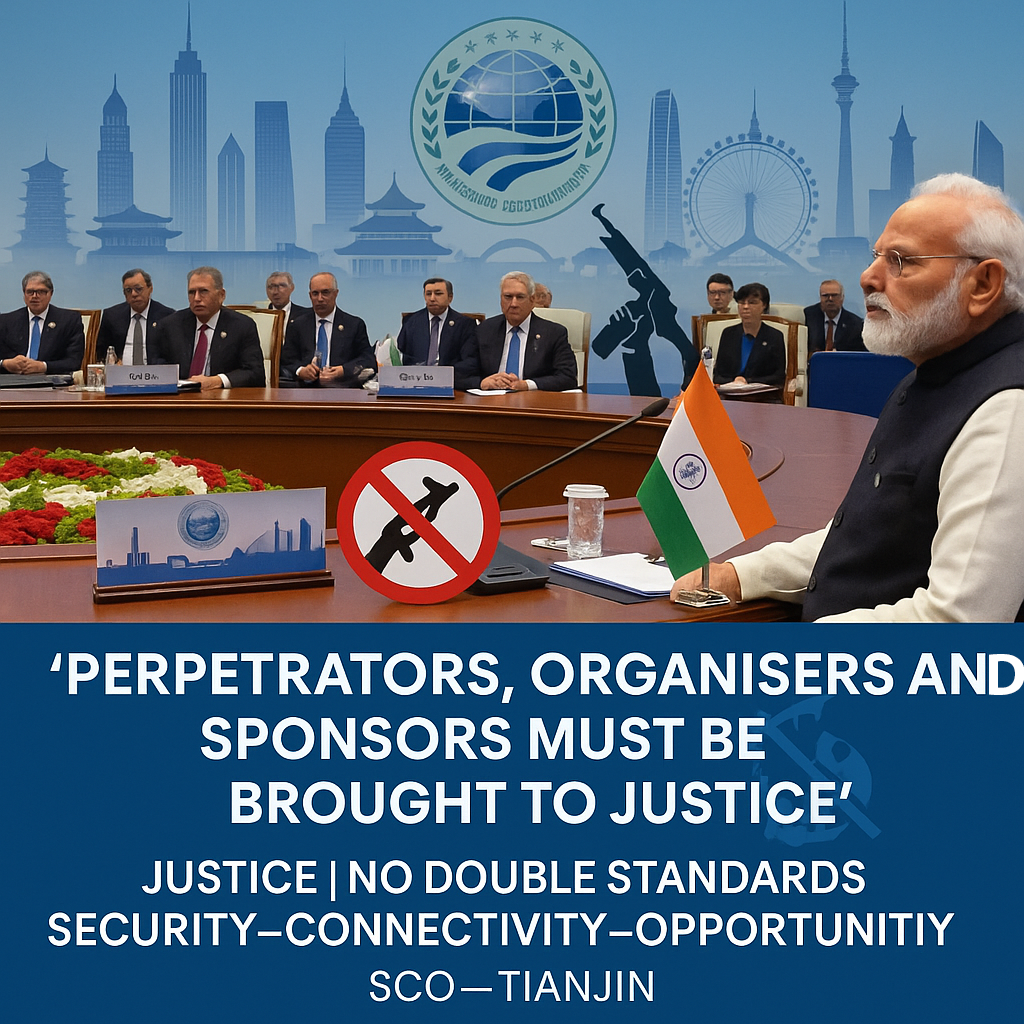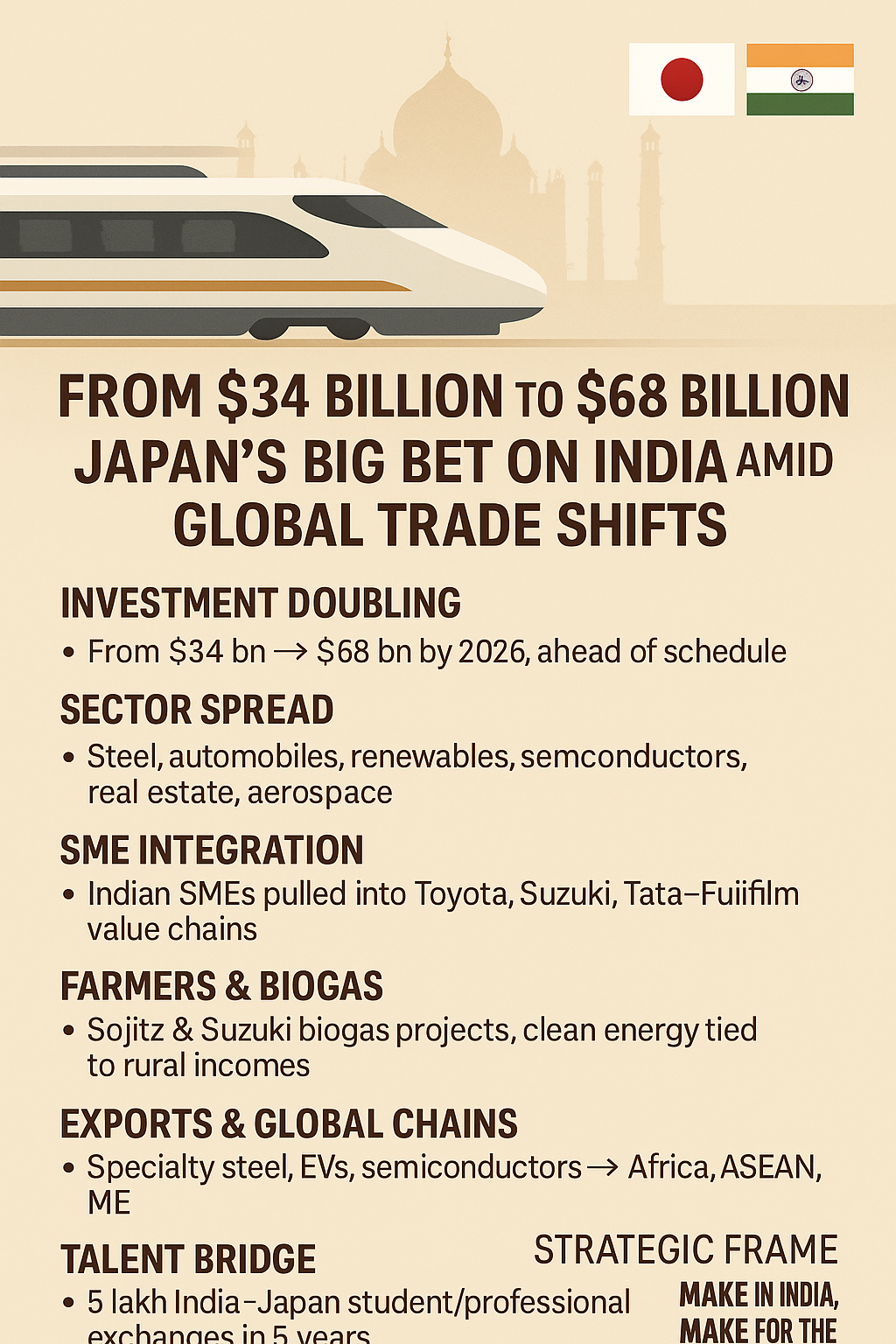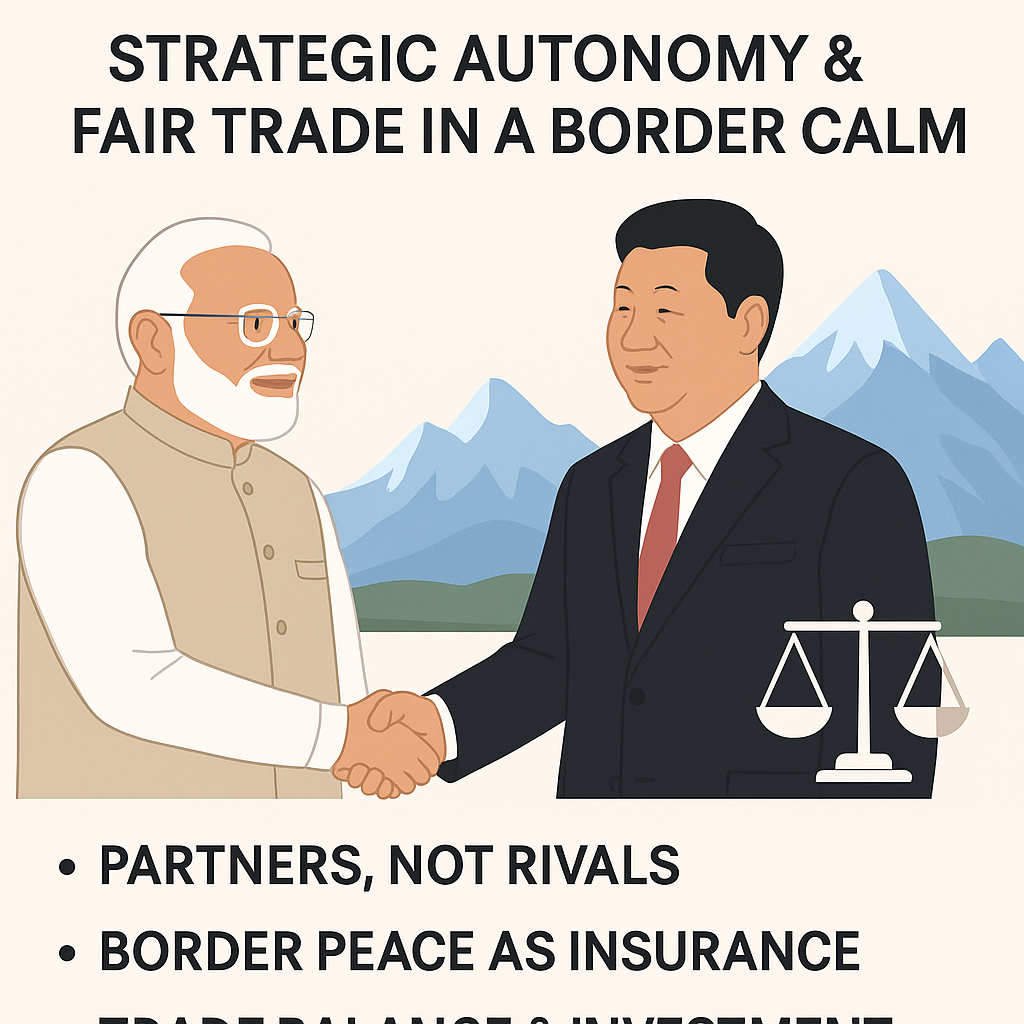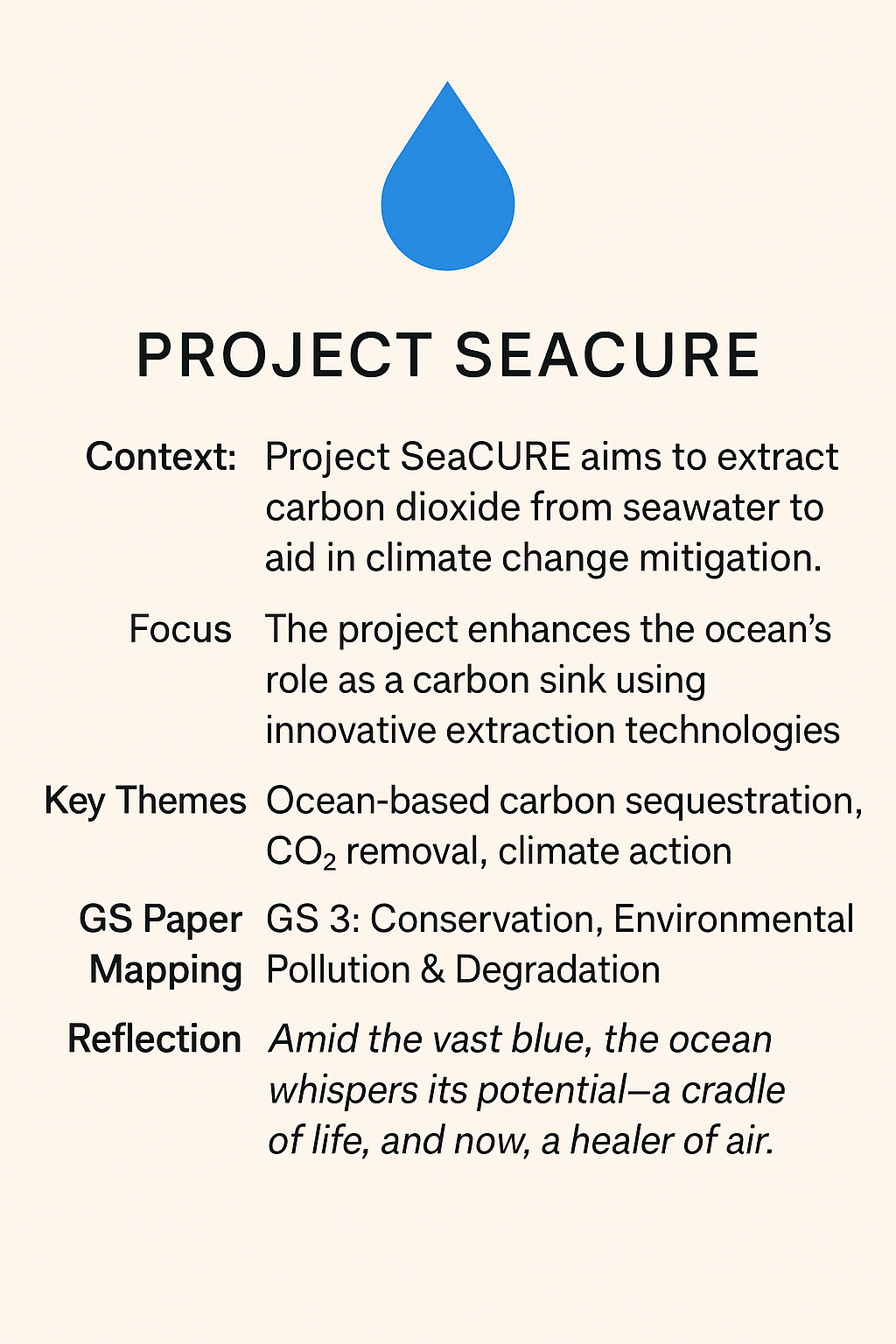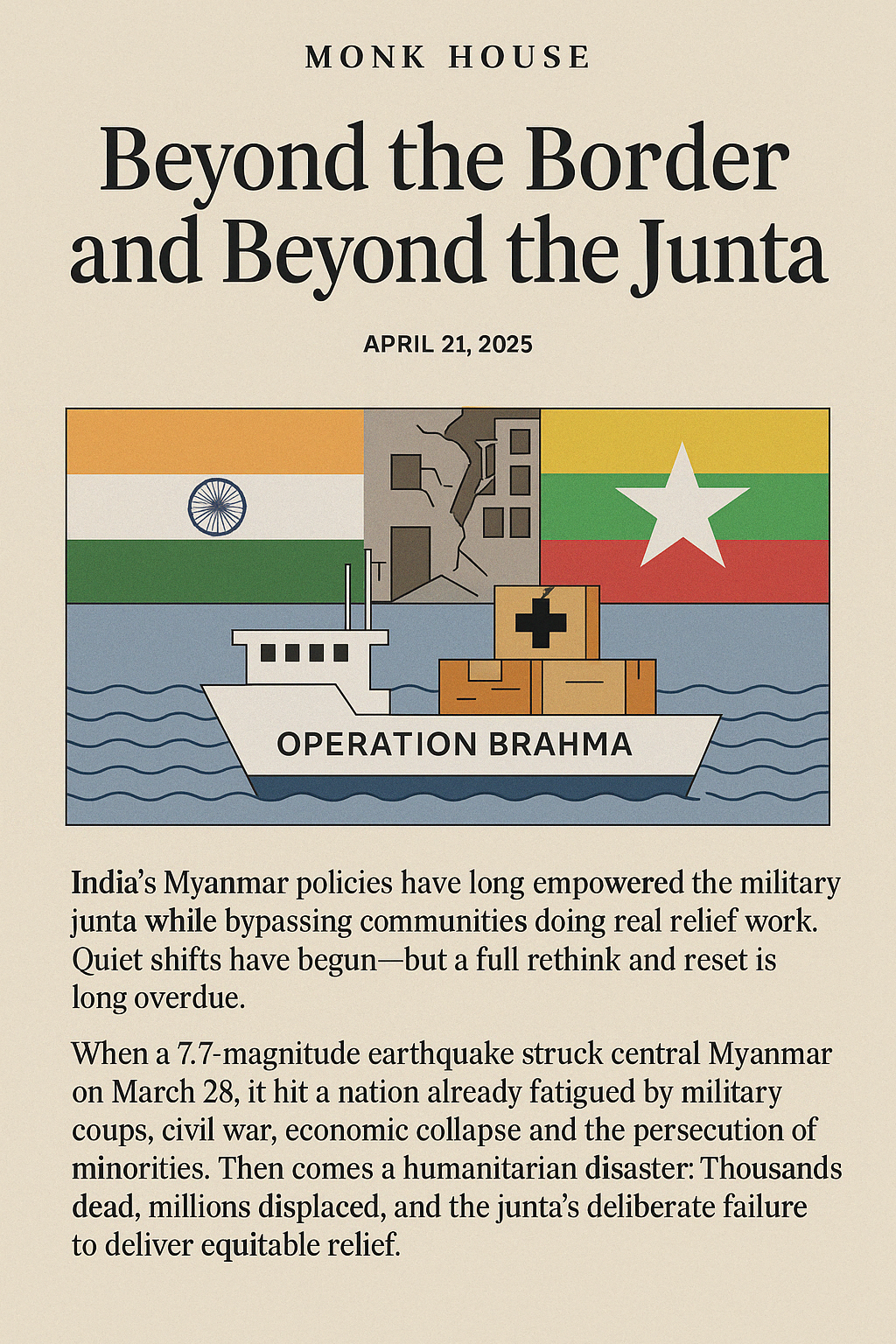
009-Apr 21, 2025 🕊️ Beyond the Border, Beyond the Junta
🕊️ Beyond the Border, Beyond the Junta

Theme: Foreign Policy | Humanitarian Aid | Conflict Zones
Category: Geopolitics, Disaster Response, Regional Ethics
🧭 Thematic Focus
🌐 Humanitarianism vs Geopolitics
🧭 India’s Dilemma: Ethics, Strategy, and Regional Solidarity
🌱 Can Grassroots Diplomacy Outpace State-Centric Policy?
📜 Key Highlights
- Operation Brahma: India dispatched 625 metric tonnes of relief and set up a field hospital in Mandalay after Myanmar’s March 28 earthquake — one of the fastest responses globally.
- Critique of Route: Aid largely routed via Myanmar’s junta (SAC), accused of war crimes and blocking aid to opposition-held areas. India’s early cooperation sustained through border ops and infrastructure diplomacy.
- Signs of Shift: Two consignments in April routed through Mizoram to non-junta zones — tentative engagement with the National Unity Government (NUG) and resistance networks.
- Grassroots Humanitarianism: Mizoram has sheltered over 45,000 refugees since 2021 without central aid, supported by churches, student bodies, and local kinship networks — a model of “borderland compassion.”
- Ethical Pivot Needed: Experts call for a corridor-based relief model, bypassing junta choke points and empowering local Ethnic Armed Organisations (EAOs), People’s Defence Forces (PDFs), and civil society groups.
🧠 GS & Essay Mapping
GS Paper 2 – International Relations
- India’s foreign aid & diplomacy in conflict zones
- Regional humanitarian frameworks & soft power
- India-Myanmar border dynamics, NUG engagement
GS Paper 4 – Ethics & Governance
- Dilemmas of neutrality in humanitarian crises
- State responsibility vs grassroots ethical action
Essay Themes
- “Humanitarianism beyond headlines: India, Myanmar, and the ethics of intervention.”
- “Borders that care: Mizoram and the silent diplomacy of compassion.”
🌌 A Thought Spark — by IAS Monk
“Aid can be swift, but justice is slow.
If the hands that heal also silence the cries of the excluded,
we must ask: whom do we truly serve?”

